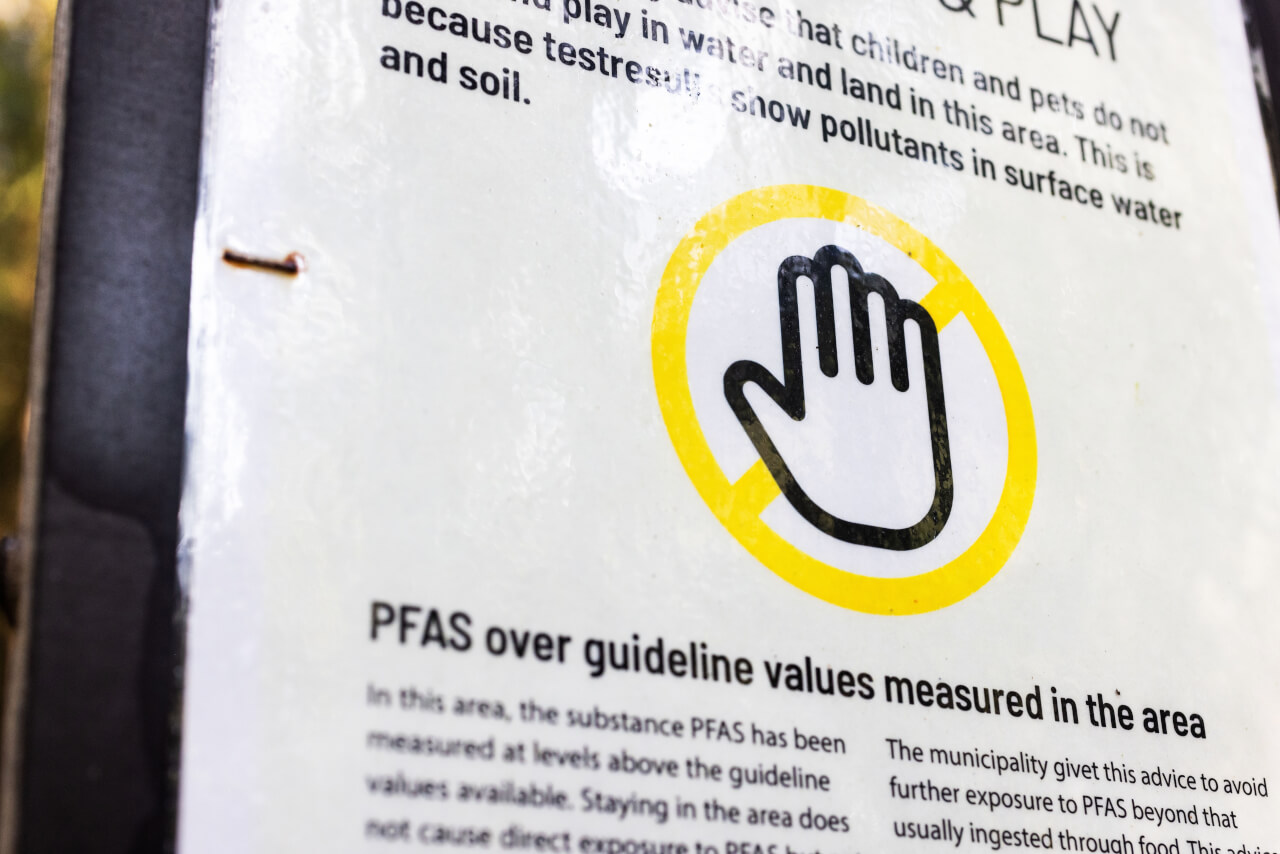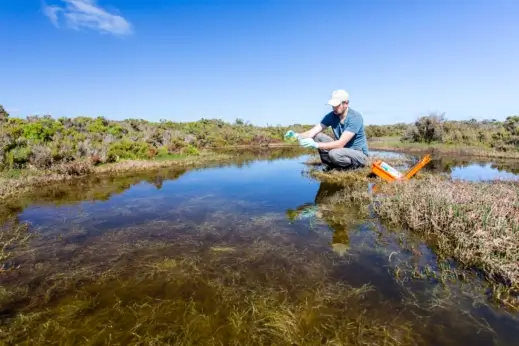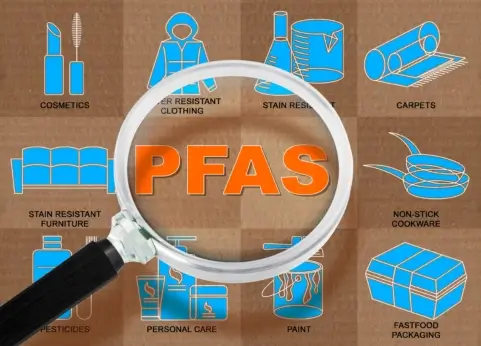In this series, we breakdown PFAS - the "forever chemicals" that are are simultaneously everywhere, toxic, and largely unregulated and help you understand what can do to protect yourself.

In April 2024, the EPA passed its first-ever legally enforceable drinking water standards on a handful of PFAS—a group of man-made chemicals widely used to make non-stick coatings and products that resist heat, oil, water and more. Per- and polyfluoroalkyl substances keep food from sticking to packaging or cookware, make clothes and carpets resistant to stains, and create firefighting foam that is more effective. They are referred to as “forever chemicals” because of their tendency to not break down. PFAS have been used commercially since the 1940s, and it has long been known that these chemicals are toxic to people. Big chemical companies, such as 3M, have known about the harmful qualities of these toxic chemicals for decades but intentionally hid the evidence. The EPA now admits that “exposure to PFAS has been linked to deadly cancers, impacts to the liver and heart, and immune and developmental damage to infants and children.
We are closely following PFAS regulations and researching ways to protect ourselves in the meantime. Please reach out to our staff writer Lena Beck directly with questions about PFAS, to tell us what you want to know next, or to share your story. Email: Lena@modfarmer.com
Toxic PFAS are Everywhere, and Remain Largely Unregulated
by Lena Beck
A new report from Food & Water Watch analyzed why attempts to legally rein in “forever chemicals” continue to fail.
You’ve Already Been Exposed to Toxic PFAS. But You Can Take Steps to Minimize Future Exposure.
by Lena Beck
“Forever chemicals” are everywhere, but people aren’t powerless. Here are expert recommendations for how to decrease your risk of exposure.
PFAS: Behind the Label
by Lena Beck
How do you know if your products are PFAS-free or not? Here’s our expert-informed guide.
The EPA Just Passed the First-Ever Federal Regulations for ‘Forever Chemicals’ in Drinking Water. Here are the Top Five Things You Need to Know.
by Lena Beck
Of the thousands of “forever chemicals” out there, the Environmental Protection Agency just passed a drinking water standard for a small handful of them. Here’s what it means for you.
Asked & Answered: PFAS Q&A with Kyla Bennett
by Lena Beck
PFAS expert Kyla Bennett answers Modern Farmer reader questions about forever chemicals. Here’s what it means for you.

Songbird Farm property, which was affected by sludge spreading. Photography via Maine Farmland Trust.
Why Maine is Taking the Feds to Court Over Sludge
by Kirsten Lie-Nielsen
Maine was the first state in the nation to ban the use of sludge as a fertilizer. Now, the Maine Organic Farmers And Gardeners Association plans to take the EPA to court over farmland lost to forever chemical contamination. Read the story.
On the Ground with Initiatives Responding to PFAS
by Daniel Walton
Researchers and advocates around the world are looking for ways to help address the PFAS problem. Here is a quick look at some of these projects in their various stages of development.






